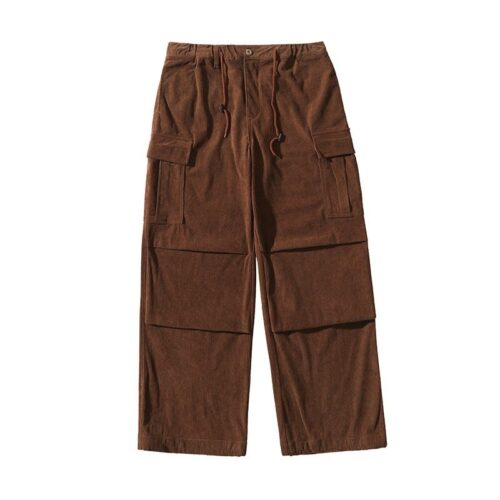The initial thought of weight often doesn’t come to our mind when we choose a T-shirt for us. It serves a huge role in comfort and shipping costs. Understanding how much a t-shirt weighs can help you make informed decisions when purchasing, packing for a trip, or even starting a clothing line.in this blog, we will take a look at various sizes of t-shirts approximately how much can a t-shirt weigh in different sizes, and the factors that influence it.
Factors Affecting T-Shirt Weight
Materials
The fabric of a t-shirt significantly impacts how much can a t-shirt weigh in different sizes. Common materials include:
- Cotton: Usually heavier, provides comfort and breathability.
- Polyester: Lighter and more durable, often used in athletic wear.
- Blends: Combine properties of different fabrics, resulting in variable weights.
Fabric Thickness
Measured in GSM (grams per square meter), fabric thickness is a key determinant of weight. Higher GSM means a thicker, heavier fabric, while lower GSM indicates a lighter material.
T-Shirt Style
The fit (slim, regular, loose), length (crop, standard, longline), and design (plain, graphic, embellished) of a t-shirt can also influence its weight.
Size
Naturally, larger sizes contain more fabric, leading to increased weight.
Average T-Shirt Weight by Size
Below is a table showing the average weight of T-shirts in different sizes:
| Size | Average Weight (grams) | Average Weight (ounces) |
| XS | 120-150 | 4.2-5.3 |
| S | 140-170 | 4.9-6.0 |
| M | 160-200 | 5.6-7.0 |
| L | 180-220 | 6.3-7.8 |
| XL | 200-250 | 7.0-8.8 |
| XXL | 220-270 | 7.8-9.5 |
| XXXL | 240-300 | 8.5-10.6 |
Note: These values are approximate and can vary based on material, thickness, and style. For instance, a heavy cotton t-shirt will weigh more than a lightweight polyester one of the same sizes.
T-Shirt Weight and Comfort
Weather Conditions: Lightweight t-shirts (lower GSM) are ideal for hot weather; they give better breathability. Heavyweight t-shirts (higher GSM) are more suitable for cooler climates, providing extra warmth.
Activity and Preference: For sports and physical activities, lighter t-shirts are often preferred due to their breathability and moisture-wicking properties. For casual wear, the choice between lightweight and heavyweight t-shirts depends on personal comfort preferences.
T-Shirt Weight and Shipping
Shipping Costs: Shipping costs gets directly affected by the weight of a t-shirt. Heavier t-shirts can increase postage fees, especially for bulk orders.
Estimating Shipping Costs: To estimate shipping costs, consider the average weight of the t-shirts and the total number of items. Use shipping calculators provided by courier services to get an accurate estimate.
Conclusion
The understanding of the weight of any t-shirt includes the consideration of multiple factors like the thickness, style, and size of the fabric material. This guide will help you to make better choices while you purchase and make you efficient when you pack for any tour. It will get you a better idea of the shipping costs for your desired item as well. the weight of a t-shirt plays a pivotal role in its overall utility on your preferences varying from lightweight to heavyweight for comfort and durability.
FAQ
The weight of a t-shirt can vary depending on the material, thickness, and size. On average, a t-shirt weighs between 120 to 300 grams (4.2 to 10.6 ounces).
The weight of a t-shirt is influenced by factors such as the fabric material (e.g., cotton, polyester, blends), fabric thickness (measured in GSM), t-shirt style, and size.
Lighter t-shirts are ideal for hot weather due to their breathability, while heavier t-shirts offer more warmth and durability, making them suitable for cooler climates.
Knowing the weight of a t-shirt helps in estimating shipping costs, as heavier t-shirts can increase postage fees, especially for bulk orders.
Yes, larger t-shirt sizes naturally contain more fabric, leading to an increase in weight compared to smaller sizes.
















